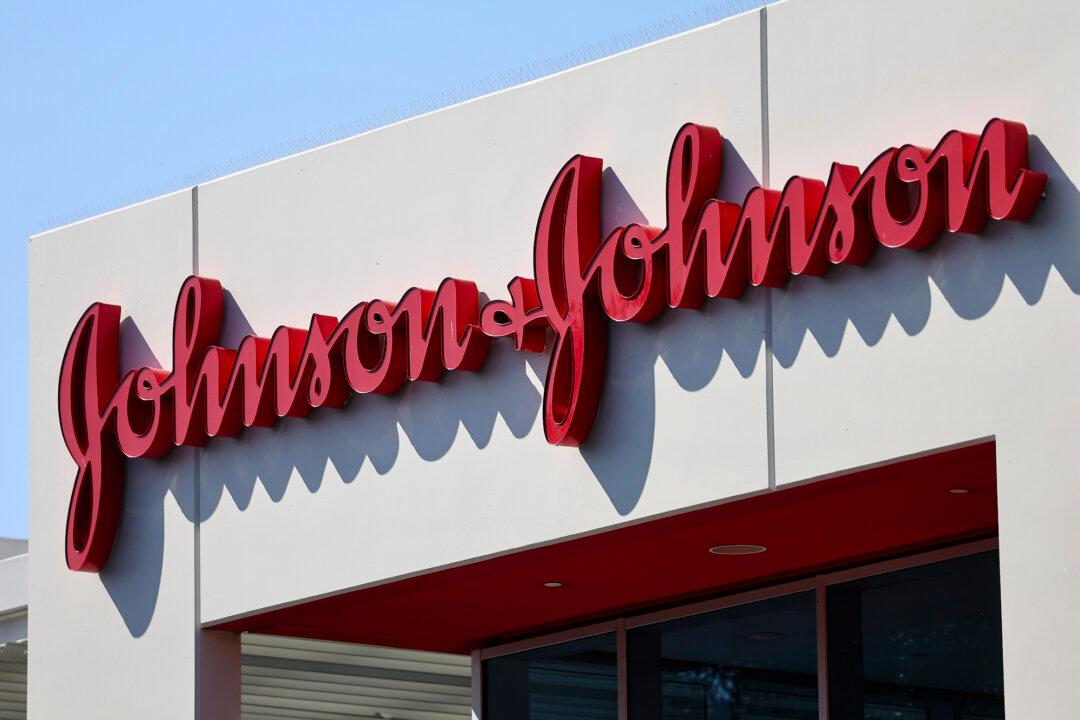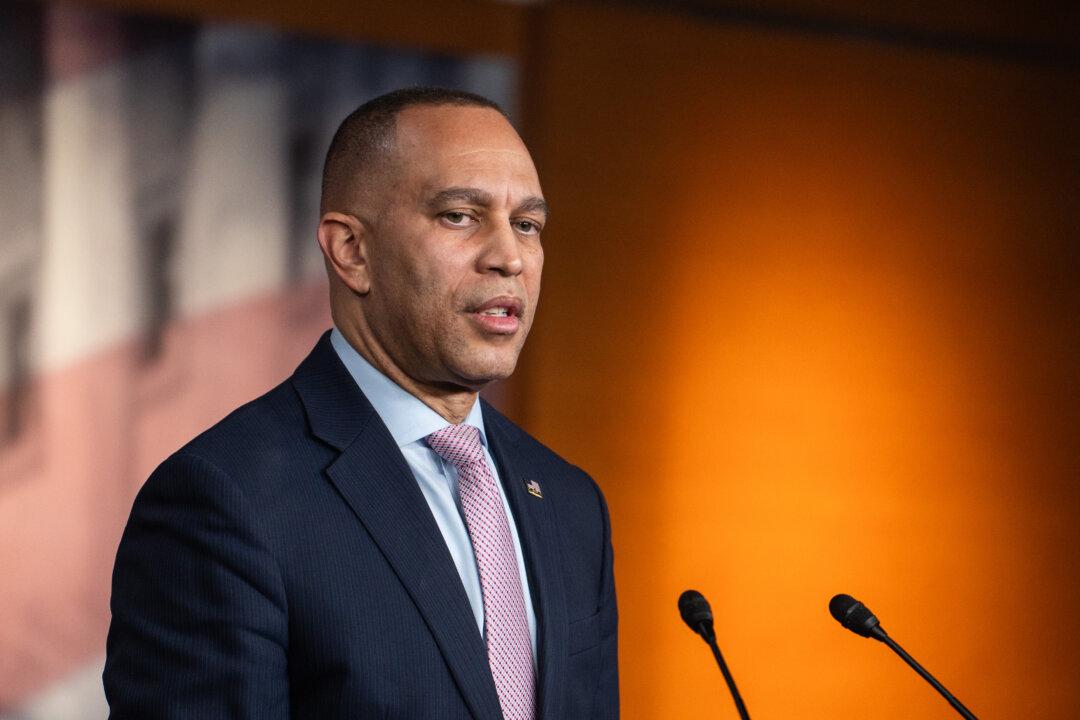Johnson & Johnson Health Care Systems Inc. (J&J) is suing the U.S. Department of Health and Human Services (HHS) and the Health Resources and Services Administration (HRSA), challenging the agencies’ opposition to its proposed changes to the federal 340B Drug Pricing Program.
The program is designed to help uninsured and low-income patients access affordable medications, according to the complaint filed on Nov. 12 in the U.S. District Court for the District of Columbia.





